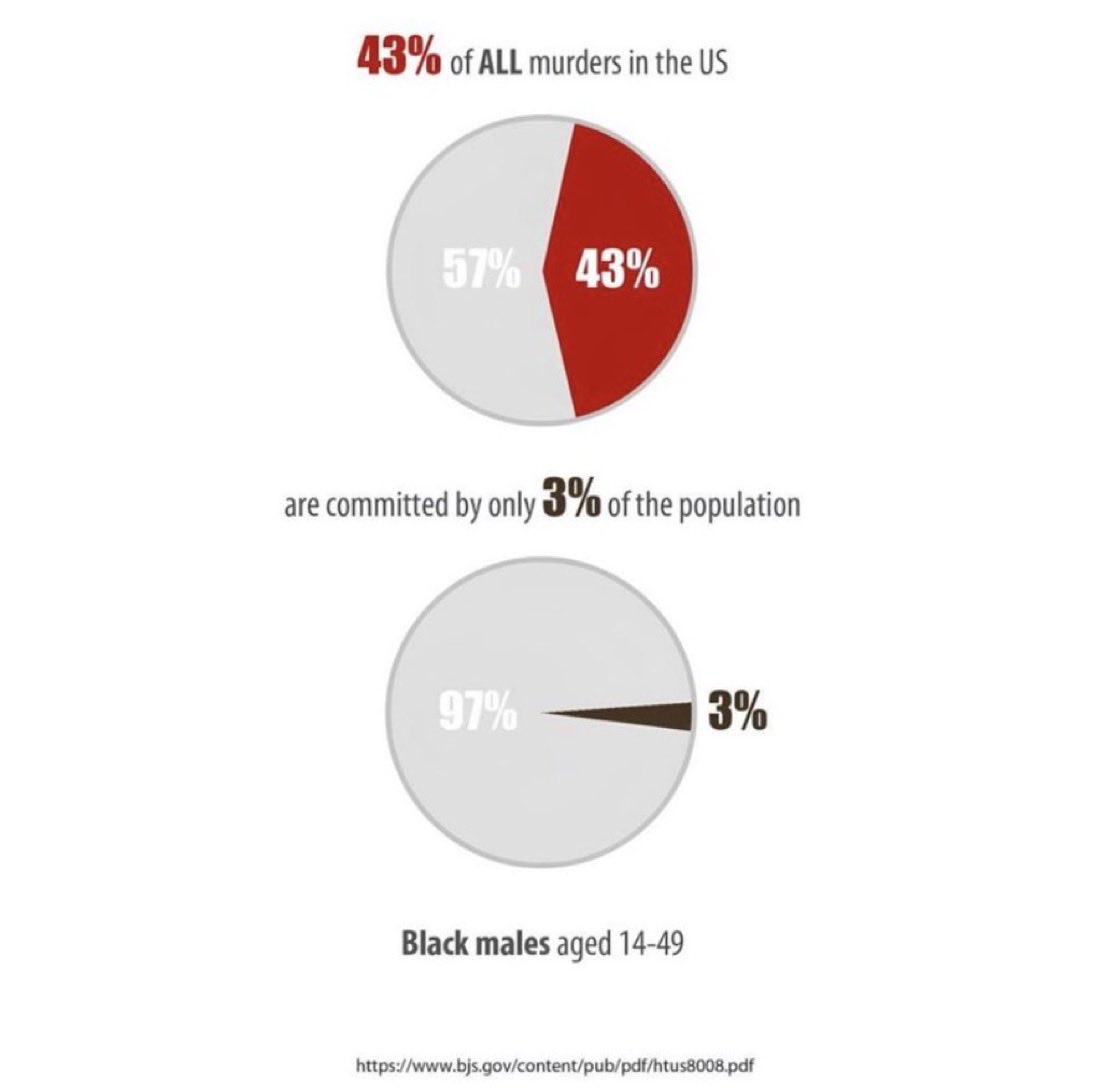PEDOPHILES RULE OUR WORLD: Elites who rule us also control most of the Pedophile rings in the world with CIA assistance. Presidents, Senators, Congressmen, Royal Bloodlines, Actors, Elites are all involved in child sex trafficking of 2 million children.
OVER 8 MILLION CHILDREN MISSING: Former UN Executive and Former President of the Club of Rome for Europe confirms that the Oligarchs who rule our world are Pedophiles who control the systems of global child sex trafficking also control the UN and WEF.
#PizzaGate is not a conspiracy theory. The elite politicians, bureaucrats, Hollywood celebrities are involved in child sex trafficking and pedophilia.
Even though it’s 15 years jail time for convicted pedophiles, most politicians got out easily.
Even though it’s 15 years jail time for convicted pedophiles, most politicians got out easily.
Here’s a prev thread on Jeffrey Epstein, Ghislaine Maxwell, child sex trafficking and pedophilia
https://twitter.com/deepbluecrypto/status/1647459530161246210
Elites who rule our world also control all the major Pedophile rings in the world with the assistance of the CIA. Presidents, Senators, Congressmen, Royal Bloodlines, Actors, Elites are all involved in the child sex trafficking of about 2 million children yearly. 8 million… twitter.com/i/web/status/1… 

Ever since Jeffrey Epstein discovered the affair of #BillGates he was controlled and manipulated by Epstein into a wealthy billionaire puppet.
His marriage to Melinda Gates fell apart due to this as well.
His marriage to Melinda Gates fell apart due to this as well.

• • •
Missing some Tweet in this thread? You can try to
force a refresh










